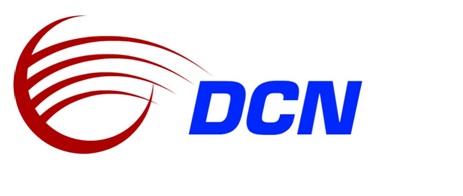It’s no secret that misclassification remains an issue in the independent contracting and transportation industry. The repercussions of misclassifying a worker can range from fees for wage claim violations to audits, fines and penalties from government agencies, class action lawsuits, long-term reputation damage, and more. All of which can easily devastate a company. Understanding the differences between an independent contractor versus an employee can be critical for both parties to avoid potential miscommunication or even litigation.
What’s the difference?
Let’s start by establishing the definition of an independent contractor, versus an employee.
Independent Contractors: Individuals who provide goods or services to other individuals or businesses. These services are often completed under a contract that dictates the work outcome, but the contractor retains control over how they provide the good or service.
Employees: Under common-law rules, anyone who performs services for you is your employee if you can control what will be done and how it will be done.
A good general rule of thumb is that an individual is an independent contractor if the payer has the right to control or direct only the result of the work, not what will be done and how it will be done.
Three factors can be examined to better determine how to properly classify a worker: behavioral control, financial control, and the relationship between the parties. For example, a worker would be considered an employee, if:
Behavioral Control: the employer has the right to control the work performed by the worker
Financial Control: the employer supplies the tools and supplies needed by the worker, the worker is not free to serve others in relevant markets
Relationship: the worker has a written contract and benefits provided by the employer, the worker performs work that is an integral part of the principal’s business, and the permanency of the relationship
How DCN Provides Solutions for Employers and Independent Contractor Misclassification in the Transportation Industry
The Distribution Cooperative Network (DCN) is a cooperative. We focus on protecting our drivers by offering voluntary benefits programs that they may not normally have access to. Like all co-op models, our company is owned and controlled by its drivers, referred to as our members. Once a driver becomes a member, they receive access to a wide variety of services and benefits, including partial ownership and decision-making power within the company.
Knowing where a worker stands is key to preventing confusion and misclassification later on. In a 2015 Misclassification Case, Babekr v. XYZ Two Way Radio, The New Jersey Appellate Court ruled that cooperative members are classified as owners, not employees.
By using this co-op model, our subscribing clients can contract with DCN members, ensuring that they are correctly classified, protecting themselves from potential misclassification. Should any challenges arise, DCN assumes the role of primary defender.
Now is the time to protect yourself while receiving the services you need. Become a DCN Member or Subscribing Client today!
